Professional Development (PD) is an incredibly important program in school systems today. But unfortunately, it can be very difficult to implement in the way it is being introduced and executed in many schools today. Often, schools don’t feel like they have the time or resources to fully train teachers and staff. They incorporate sessions and Power Point presentations into the school schedule, hoping that it will be enough for teachers/staff to pick up the necessary concepts and then be able to run with it in their classrooms/respective areas in the school. Additionally, many school systems only give the training to the teachers, not realizing that PD is important for every interaction the student makes in the school day, from the bus driver to the librarian to the cafeteria worker and then to the teacher and beyond. PD is necessary for EVERY person associated with the school system (the stakeholders).
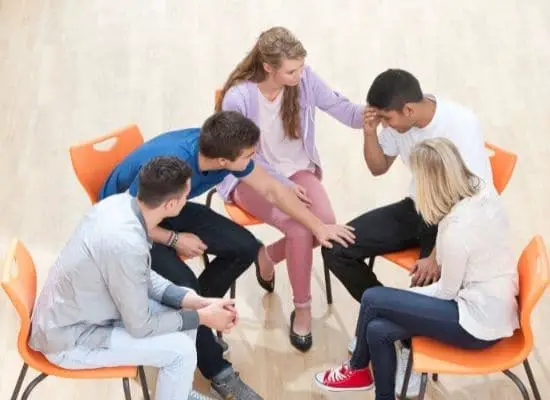
Having a School Restorative Practices Coordinator in your school will ensure that everybody employed in the school system is getting the best training available. Issues will be solved as they arise because there is a dedicated staff member that can recognize those issues and give them the attention they need to be taken care of in a timely and efficient manner. Ongoing training allows school staff and administration to keep up with the latest research and be able to provide the best experience for everyone, right down to the students.
So, what exactly are the ways that having a school restorative practices coordinator will directly benefit your school? What exactly are the things that they do?
There are six principles that I would like to focus on that the restorative practices coordinator will bring to your school. They are:
- Restorative Mentality
- Catalyst for Change and Growth
- Emotionally Articulate
- Well Focused
- Student-oriented
- Servant Leader
Let’s take a look at each one of these in depth.
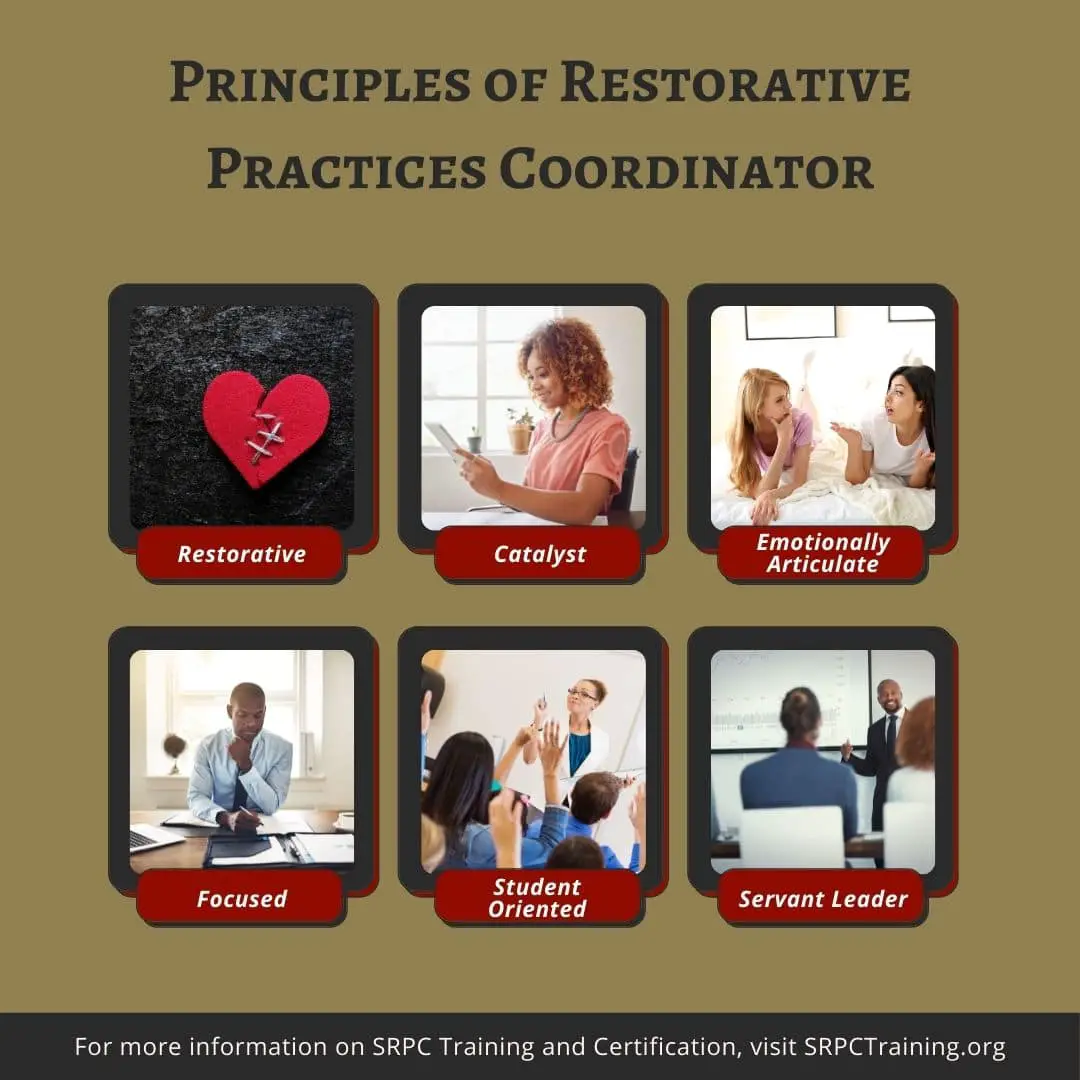
Table of Contents
Restorative Mentality
The well-trained restorative practices coordinator understands that healthy relationship is the key to success, not only in the classroom, but in every interaction throughout the school day, from the time the students get on the bus to the time they get off the bus and head back home. They will train all stakeholders in the school system to think and function in the same way.
When students realize that all stakeholders aren’t just concerned about enforcing rules or pushing the school day agenda but are in fact interested in the social emotional wellbeing of the student, they will learn to trust more. They will be more open about their needs and feelings. And that will allow all stakeholders to be able to truly relate to and care for the needs of the students–far beyond their academic needs and into all of life.
Once healthy relationships are established, a spirit of restoration can easily be accomplished in the difficult situations that arise throughout the school day. The students can trust those that are working with them to restore balance and harmony. And in up to 80% of instances where a student has wronged someone else, they will be willing to repair and restore the relationship because they know that they will be supported emotionally and relationally throughout the process.
When situations like these are taken care of in a healthy way, the school day will go much more smoothly. And over time, difficult situations will become few and far between because stakeholders and students alike have learned how to handle situations as they arise and before they escalate to huge problems.
Catalyst for Change and Growth
The restorative practices coordinator is able to take a stand and effect change and growth in the school system based on what he/she has discovered as needs in that school system.
Because their sole job is the relational wellbeing of the school, they are able to accurately assess what needs to change to make the whole school experience one that reflects social emotional stability. With excellent training, they will then be able to establish the programs needed for stakeholders to be able to grow and learn how to relate to students in ways they never thought possible before.
Students will respond well when they see the effort and care being put into not only their education, but them as complex fellow human beings. As time goes on, stakeholders and students alike will realize the value of these programs across all of life and not just in the school system.
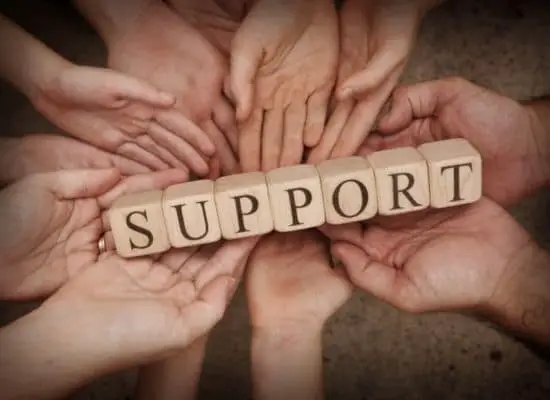
Emotionally Articulate
When the school is an emotionally healthy place for stakeholders and students alike, it allows everyone to become emotionally articulate. This means that they have the tools to make an emotionally healthy decision, regardless of the difficulty they are working with.
Emotionally articulate staff and students will be able to assess their own social emotional needs, as well as the needs of others. They will be able to regulate their own emotions, preventing situations from escalating out of control. And they will be knowledgeable about the vocabulary that allows them to take care of their own emotional needs as well as those around them.
When everyone is on the same page in being able to articulate emotionally, they also feel more comfortable working with each other to diffuse a tough situation without emotions running out of control.
This is yet another huge benefit in teaching students how to function well once they finish school and begin to navigate their way through a very tough world.
Well Focused
We all know how important focus is. We know that when a person is able to fully focus on a goal they are pursuing, their success is nearly guaranteed. They are able to think about what actually needs to get done, what order to do things, and what distractions need to be removed to accomplish their goal.
And they are able to ascertain which goals they need to focus on at the moment and how to function through competing goals–when it seems like everything needs to be done by yesterday and there aren’t enough man hours to get it all done.
Focus allows stakeholders and students the ability to take a step back and correctly determine what they need to be working on at the moment.
Then learning how to develop that focus to pinpoint exactly how they need to get to that goal quickly but efficiently and be able to move on to the next goal is critical. This is a concept that many adults have yet to master in our world. But yet it is critical to success in all walks of life. The restorative practices coordinator will be able to train stakeholders to become adept at focus and even pass those concepts on to their students.
Student-oriented
All of the points so far and moving forward have pointed to this concept. When stakeholders are genuinely interested in their students’ success, it allows students to take their voice and run with it, knowing that their concerns, dreams, and desires will be heard.
When things go badly, students will know they have an advocate no matter where they are in the school, with other students as well as staff, because everyone has been trained to listen to others and act out of what they hear in an emotionally healthy way.
When things go well, students will gain more confidence to make their voices, dreams and thoughts heard. And with each positive experience, students will be empowered to continue to develop skills that will benefit them in the classroom and out into all of life.
Servant Leader
A servant leader is someone that is well aware of those around them. Not just that they are around them, but they are actively seeking out the thoughts and needs of those around them.
They lead by finding out what the needs of others are so that they can help them do the best job they can, whether that is in the school, workplace, social venue, or even in the home.
Servant leaders are the best because they not only figure out the best way to lead those in their charge, but they are also able to help them develop their own sense of leadership without feeling like they have to assert authority.
People feel comfortable working with a servant leader because they feel their needs being heard and met. They don’t feel ashamed or embarrassed by what they are communicating, and they become empowered to lead in their own sphere of influence.
How SRPC Can Make This Happen for Your School
SRPC Training has a flagship program that trains and certifies people to be able to meet your school’s needs to implement Professional Development as well as Restorative Practices in the most efficient and productive way for your school.
They will train your Restorative Practices coordinator to do the following and more: training employees on behavior management techniques, facilitating restorative action plans (RAP), responding to student behavioral concerns, creating reports, supervising students, and more.
SRPC Training is the only organization that focuses on building positive relationships with all stakeholders, as opposed to just teachers and administration. All training is done online (some live training) which makes it more accessible to your designated restorative practices coordinator. And it is also geared to work with either individuals or teams in accordance with your school requirements. For more information, click on this link.
Conclusion
While most schools find Professional Development and Restorative Practices to be very valuable assets to their school’s functionality, many schools have had a very difficult time implementing it to meet the needs of their school.
SRPC Training has developed a training and certification program that allows schools to execute the best PD and RPC programs, allowing both stakeholders and students to thrive in the school setting.
Here is a video that will give you a bit more information:
How has this program worked for you? What did you find most valuable about it? I would love to hear your thoughts in the comments below!


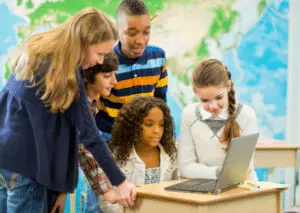

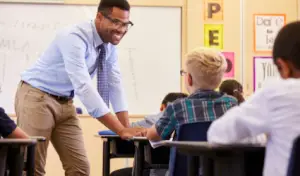
This seems such an essential but overlooked job. Hopefully the need for such a role will be one of the takeaways of the current situation with covid.
I really love this idea. Teachers and school staff are the backbones of our education system. The better they’re trained, the more they can help our students.
This is a great idea! It would help a lot to have these in the school as well.
Thanks for this wonderful information. This is a great idea for schools and teachers as it would ultimately improve the education system.
Having a restorative practices coordinator is such a great help to schools. Growth in the school system should always be prioritized.
I didn’t know anything about this but definitely would be helpful
I had no idea about this post. But, now I understand its importance. Thanks for sharing.
I learned a lot about this article. This is the first time I heard about Professional Development (PD). So cool!